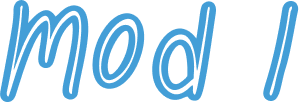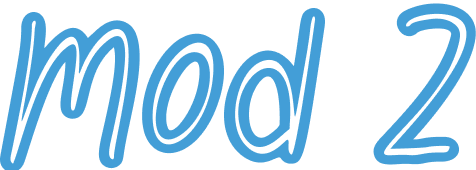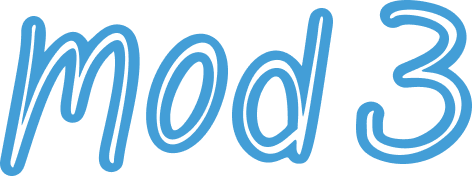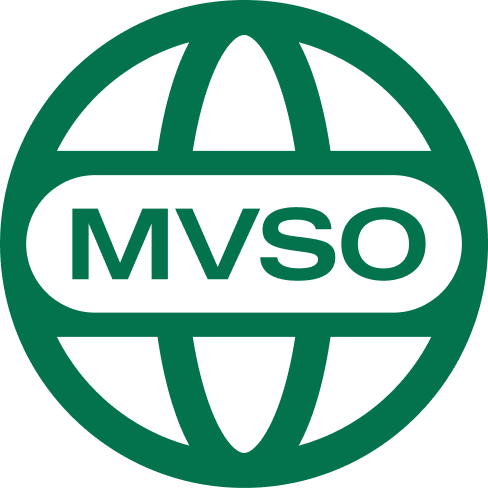How we learn
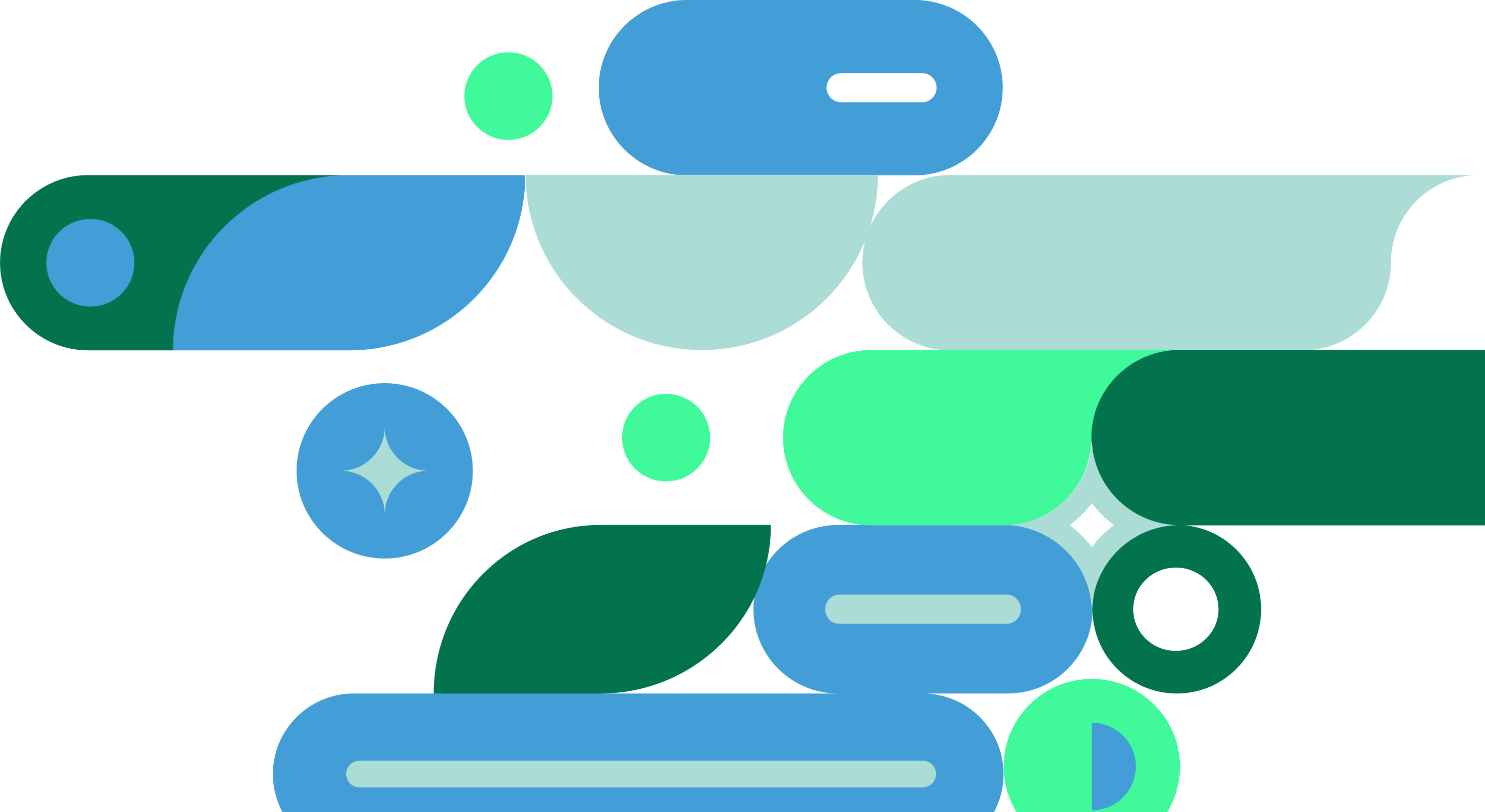
How We Learn
Built on a strong foundation of core educational methodologies, we pair an inquiry-based learning (IBL) approach with a design thinking process to guide students to be solution seekers and problem solvers through work that has direct application to an actual challenge. Through our blended approach we explore non-linear thinking, we build on relationships with people near and far, we brainstorm and prototype, and we test and iterate alternative solutions based on feedback.

HOW WE MEASURE LEARNING
We utilize competency-based education (CBE) so we can measure and track the knowledge, skills and attributes that empower learners to develop deep understanding. Students are assessed on developing competency relative to the desired outcomes using a variety of assessments including projects, reports, and presentations.
What we Learn
No one is infallible. Good leaders fail. Why do some governments succeed, while others collapse? Trace the factors that have led to revolutions and uprisings in the modern world. Furthermore, examine how the history of failed leadership continues to affect current global politics? An important facet of any kind of historical class is the ability to construct meaning from different "texts"--movies, articles, books, etc--and interpret the meaning of those texts in a variety of ways.
Students will look at the major extinction events throughout the history of the Earth as well as how different organisms have adapted over time to changes that have occurred beginning with the first unicellular organism.
Georgia's growing entertainment industry (music, film and media) has become one of the largest fastest growing in the nation. By observing local industry, students will explore careers in merchandising, design, marketing, etc. and create projects based on their interests in the entertainment Industry. Course will include an expedition to the Joel Katz Music & Entertainment business program and/or discussions with professionals in the Entertainment Industry.
We find ourselves facing global epidemics of obesity, Type 2 Diabetes, and other predominantly diet-related diseases. To address these health crises, we need to explore innovative strategies for promoting healthful eating. In this course, learners will acquire the food science tools they need to distinguish between foods that will support their health and those that may threaten it, through their understanding of the relationships between nutrition, health, and disease prevention.
We will explore a wide range of VR/AR experiences, strap on the headsets to travel around the world, and learn how industry and design intersect with this field. You will even have the opportunity to create some non-coded content yourself and virtually experience what you design.
Human beings ask some absurdly frustrating questions: What is the meaning of life? How can we determine the morally “right” thing to do? Can we know anything at all? For some, the answers are obvious. For others, the search for meaning and certainty marks a laughably futile endeavor. Through a series of thought experiments and ethical dilemmas, the class will discover how abstract challenges can help us solve concrete problems.
Have you ever wondered how exactly a car moves? Let's design and create our own car and use it to learn how to make predictions of its motion using an understanding of forces, energy and work. We can compare our predictions to how your car really works and make an assessment of ways to improve the design of cars in the future.
What do people find offensive about stories, and why do they want to ban that material? Through the reading of banned books, examine why censors wish to control behavior, while supplemental readings from psychology and sociology will help contextualize concepts such as taste, taboo, and the profane.
Our nation's deepest secrets, deception, espionage, the mafia -- the history of our country is woven into the stories of the CIA and FBI. Come take a fascinating historical ride and interact with the current versions of these agencies. What roles do they fill in modern times and how might we interact with them?
Speculative fiction (which includes science fiction, fantasy, superhero, supernatural, horror, utopian, and dystopian works) engages readers with worlds different than their own. Speculative fiction asks readers to suspend belief and encounter characters and concepts that challenge readers’ understanding of reality, truth, and the possible. In this introduction to science fiction, students will study the emergence of science fiction as a genre.
The psychology of cinema or ‘How Hollywood Manipulates’ is a film scene watching/dissecting class. We get into the psychology of mood and lighting and how script writing and shooting techniques can drive the viewer’s emotions. This course empowers students with industry vocabulary and theory. Each student will create a podcast that details the techniques used in a movie that did affect them.
Whether you’re an athlete in season or a student in search of balance, this course has become a staple at Mount Vernon. Using yoga and mindfulness as well as conditioning exercises this course teaches various forms of yoga including restorative, hatha, vinyasa, and power training. Students will engage in multiple movement practices and will learn how to balance mental and physical wellness.

WHAT IT LOOKS LIKE
STRUCTURE & FLEXIBILITY
The academic year is divided into four modules, each lasting approximately nine weeks. The schedule runs four courses at a time and changes every nine weeks. This allows students more choice of courses over their four years. It also helps our students to focus their energy on fewer courses at any one time. Most core courses are spread out over two modules while elective courses can be one, two or three modules depending on the course.FACULTY CONNECTION
The most important relationship in school is the one created between a teacher and student. We believe that to design a better world requires teachers and students to see themselves as learners, connectors, networkers, and designers. When and how we connect is key.A HIGH SCHOOL DIPLOMA FROM A LEADING PRIVATE SCHOOL
ACCREDITATION





